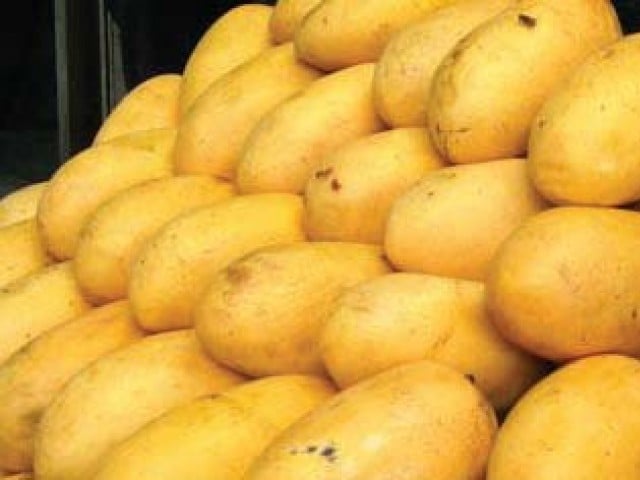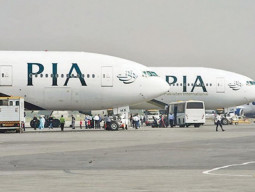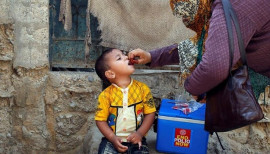
The Sindh Agriculture University (SAU) has secured funding of over Rs100 million from the Export Development Fund (EDF) to establish a Mango Disease Diagnostic and Research Centre, a Clean Mango Nursery, and a Mango Drying Unit. These initiatives aim to enhance the country's mango exports through value addition and improved quality standards.
The funding was awarded to three faculty members of SAU under EDF-backed projects. Dr. Muhammad Ibrahim Khaskheli from the Department of Plant Pathology received funding for the Disease Diagnostic and Research Centre. Dr Aasia Akbar Panhwar from the Institute of Food Sciences and Technology secured funds for the Mango Drying Unit, while Dr Noor-un-Nisa Memon from the Department of Horticulture obtained funding for the Clean Mango Nursery.
In this connection, SAU organised an awareness seminar titled "Role of Export Development Fund (EDF) and SAU Collaborative Projects" at the University Senate Hall. Speaking at the event, Vice Chancellor Dr Altaf Ali Siyal highlighted the investment potential in agricultural sector. He proposed collaboration between academia, industry, and funding institutions to enhance agricultural exports and value-added products.
"With EDF's support, SAU is introducing innovative solutions for mango quality improvement, disease control, and value addition. These initiatives will not only strengthen Pakistan's position in global markets but also create new economic opportunities for farmers and agro-businesses," Dr Siyal added.
EDF Deputy Director Abdul Qayoom highlighted the limited allocation of EDF funds to agriculture, saying that only 2% of the total funds have been directed towards the sector.
He added that EDF has established 27 centres nationwide to train skilled professionals, equipping the industry with specialised manpower.
Citing an example of untapped export potential, he said that China imports chili worth $7 billion annually.
However, despite Sindh being home to Asia's largest chili market, Pakistan has been unable to export chili to China due to excessive Aflatoxin contamination.
























COMMENTS
Comments are moderated and generally will be posted if they are on-topic and not abusive.
For more information, please see our Comments FAQ